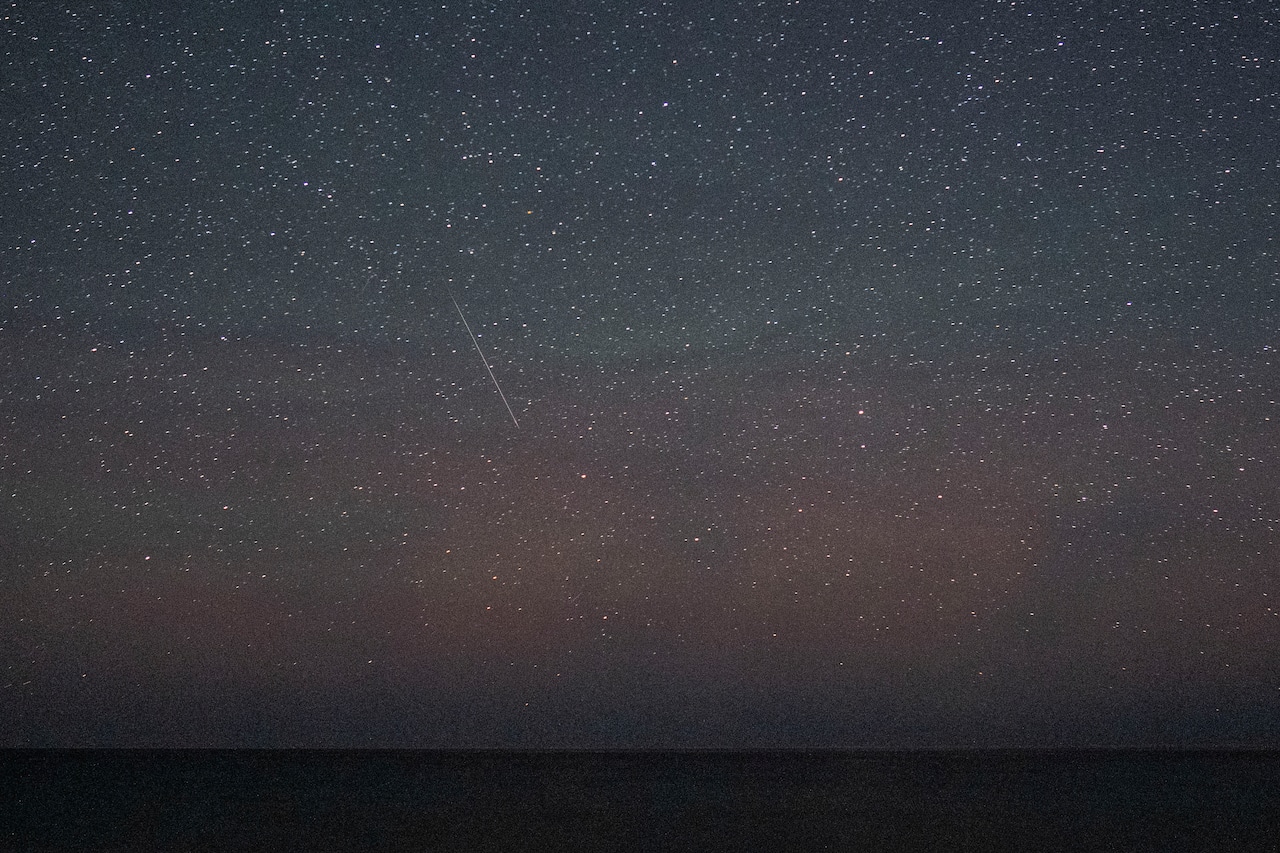
As its components trace across the night sky, the Perseid meteor shower is on track to soon reach its peak.
The Perseid meteor shower is expected to start its peak between the night of Sunday, Aug. 11, and before dawn on Monday, Aug. 12, during its yearly approach over Earth’s skies, according to Space.com. They made their summer debut on July 14.
With the help of the moon’s diminished illumination (50% during its First Quarter phase), darker skies will be prime time to see the Perseids streak across the sky. Diminished moonlight can help how many meteors appear in the night sky, which helped in 2016 when there were between 150 and 200 meteors per hour, Space.com wrote.
On average, stargazers can see an average of 100 meteors during its peak, according to NASA.
The meteors are remnants from comet 109P/Swift-Tuttle, according to the American Meteor Society. The Perseids are named after the direction they are seen flying from in the sky, in the direction of the constellation Perseus, named for Zeus’ demi-god son from Greek mythology who slew Medusa.
The average Perseid meteoroid moves at 133,200 mph, Space.com wrote. Given their speed, the Perseids can reach temperatures of 3,000 degrees Fahrenheit. They fire up as they enter through Earth’s atmosphere, where meteors fly by at 37 miles per second.
Most of the meteoroids are very small, about the size of a grain of sand, Space.com’s reporting continued. When they enter Earth’s atmosphere, where they become meteors, almost none of the fragments hit the ground. If one does, it’s called a meteorite.
Anyone who wants a clear, vibrant view of the meteor shower ought to head to areas with little light pollution. Places like Petersham State Forest in Worcester County or Cape Cod National Seashore in Barnstable County are two locations among others listed on Go Astronomy’s Dark Skies page where stargazing is ideal, weather permitting.
This peak period is expected to be best seen early those three mornings after midnight, but weather could be an issue. Remnants of Hurricane Debby are expected to reach parts of New England towards the end of the week, according to the National Weather Service, before the Perseids’ peak.
Storm remnants could arrive late Thursday night or Friday, and are likely to bring heavy rain and flooding concerns along with them, forecasters said. This could impact the weekend too in case clouds and rain persist. While there could be some chances for dry weather, forecasters should have a better idea as the week advances.
The Perseid meteor shower ends on Sept. 1.





